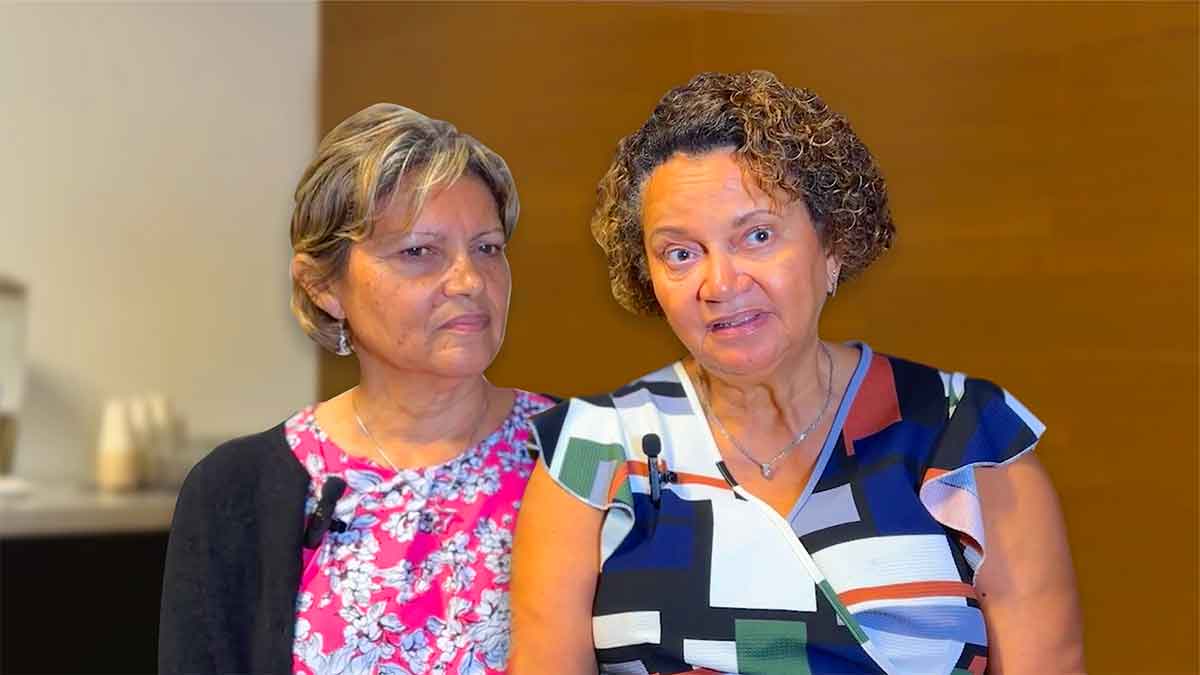- Resources
- News
-
-
Get Email Updates
Sign up for STOP's emails and never miss an update on our latest work and the tobacco industry's activity.
-
Get Funding
Ready to tackle industry interference? You could be eligible for a grant.
-
Share a Tip
Do you have information on tobacco industry misconduct in your country? Let us know.
-
Get Email Updates
Sabotaging Policy
November 21, 2019

New York, (November 21, 2019) — With the publication of The Bureau of Investigative Journalism’s new exposé revealing Juul’s efforts to mislead and influence policy, global tobacco industry watchdog STOP (Stopping Tobacco Organizations and Products) calls on governments to protect public health from tobacco companies promoting their e-cigarette brands. The following is a statement from Sandra Mullin, Senior Vice President at Vital Strategies and a partner in STOP:
“Juul is looking more like Big Tobacco every day – its actions are straight out of a playbook the industry uses around the world. A weak regulatory environment and aggressive marketing strategies have placed Juul at the center of a youth vaping epidemic in the United States. Today’s reporting shows the company is trying to take advantage of or create similarly weak regulations for a highly addictive product in other countries. To avoid the risk of a similar youth vaping epidemic in their own country, policymakers need to treat Juul as they would any tobacco company. Juul can’t be allowed to influence government policy, particularly policy designed to protect health.
STOP’s Global Tobacco Industry Interference Index, published in October, found that countries are more successful in reducing tobacco use when they protect policy from tobacco industry influence. Extending this strategy to e-cigarette companies and the regulation of e-cigarettes will help protect youth from nicotine addiction and a potential gateway to cigarette use.
The threat is real: tobacco multinationals own or have a significant stake in many of the world’s leading e-cigarette brands. Juul has expanded into 15 markets during the past 12 months, since US tobacco giant Altria took a major stake in the company with an investment of US$12 billion. Governments working to protect the health of their people cannot be lulled into thinking these companies have a pro-health agenda.”
New Exposé Reveals Juul’s Efforts to Influence Policy
Reporting from The Bureau of Investigative Journalism, published in media outlets across the world from today, reveals that:
- Juul is aggressively lobbying governments against strict regulation of e-cigarettes to aid its global expansion and grow international revenues. The report includes examples from Africa, Indonesia, Mexico, the Philippines and Vietnam.
- While Juul issues apologies for its behavior in its home market, it is using misleading health statements – claims it cannot legally make in the US – in discussions with other governments.
- A global treaty, the WHO Framework Convention on Tobacco Control, obliges governments to prevent tobacco companies from interfering in public health policy. In a clear breach of the treaty, Juul is offering to help governments write their e-cigarette regulations.
- Juul is also using tactics like threats of legal action, direct or fronted by local partners, to influence policy decisions. The report includes examples from India and Israel.
STOP monitors and exposes the activities of tobacco companies around the world and published an industry brief on Juul in September.
Please contact the STOP press office for more information or to speak to a STOP spokesperson.
About STOP (Stopping Tobacco Organizations and Products)
STOP is a global tobacco industry watchdog whose mission is to expose the tobacco industry strategies and tactics that undermine public health. STOP is a partnership between The Tobacco Control Research Group at the University of Bath, The Global Center for Good Governance in Tobacco Control, International Union Against Tuberculosis and Lung Disease, and Vital Strategies. Learn more at exposetobacco.org.
About the Bureau of Investigative Journalism’s report on Juul
- The Bureau of Investigative Journalism is a non-profit news organization based in the U.K.
- This story is the first in an ongoing series of reporting on vaping and tobacco funded by Vital Strategies. The Bureau retains full editorial independence.
- For more information on this report, contact the Bureau’s health and science editor Madlen Davies on [email protected] or +44 (0) 20 3892 7490


